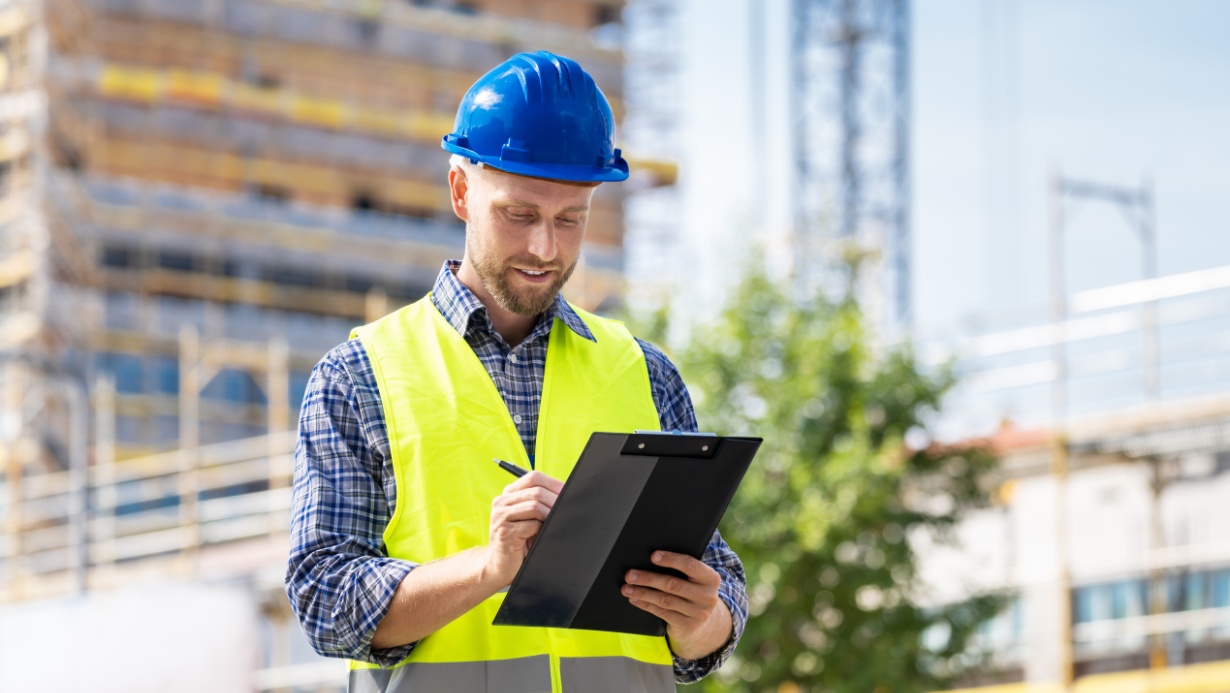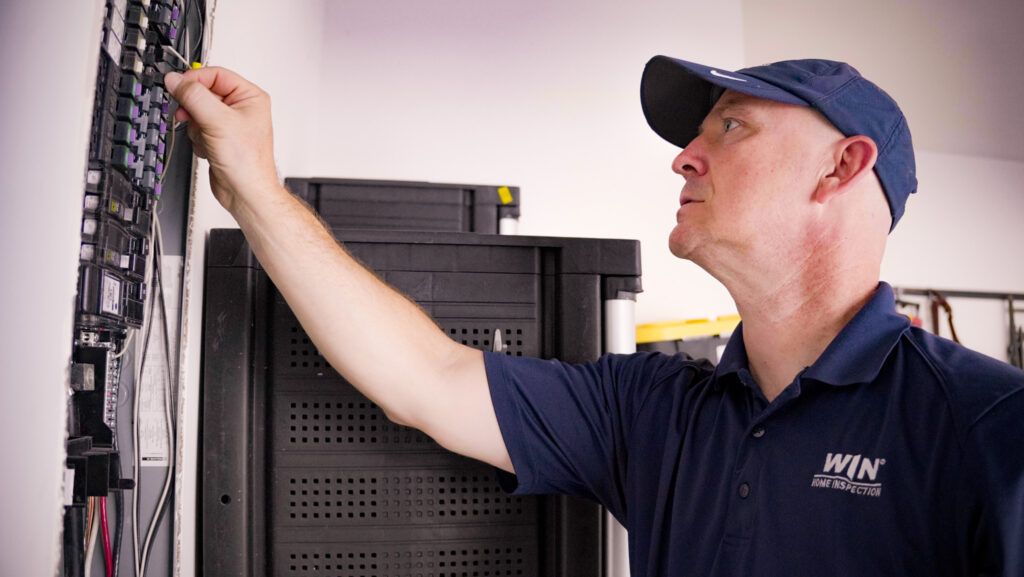Ready to Embark on an Exciting Journey with WIN?
Take the first step toward personal and financial freedom by filling out the interest form. One of our franchise advocates will be in touch with you soon!

The job of a commercial building inspector can be a rewarding and lucrative career. These professionals ensure the safety and structural integrity of many different types of projects, from offices and retail shopping centers to towering skyscrapers and large manufacturing facilities. Since a wide range of knowledge and experience is required, most commercial building inspectors are well compensated.
Unlike some high-paying careers, commercial building inspectors don’t necessarily need a college degree. Many inspectors work their way into the role through experience, on-the-job training, and certifications. For example, some start in the construction trade and then use that experience to become a residential inspector. Later, they will earn some certifications and switch to inspecting commercial buildings.
The U.S. Bureau of Labor Statistics (BLS) places the median yearly salary of commercial building inspectors at over $72,000 per year, an average of $34.67 per hour in a normal work year, which is higher than the average for residential inspector jobs.
Keep in mind that the BLS figure is the median average. According to other sources, a commercial building inspector can make as much as $103,000 annually. So, how do you become a commercial building inspector, and what can you expect to make? Below is a detailed breakdown covering what you need to know about the job and its earning potential.

Here are answers to some of the most frequently asked questions about being a commercial building inspector and the compensation you can expect.
A commercial building inspector’s hourly wage varies based on their location, experience, certifications, and other factors. However, according to the BLS data, the average hourly pay for a commercial building inspector in the United States in 2024 was $34.67 per hour. Other sources that track salary data say commercial building inspectors can make as much as $103,000 per year, which is $49.52 per hour.
It’s important to note that these two figures represent a general average and the higher end of reported salaries. Actual hourly rates can be higher or lower, and location is often a key factor. ZipRecruiter’s breakdown of the top ten highest-paying cities for commercial building inspector jobs contains eight cities in California and two in Alaska. This is likely due to California’s higher cost of living and the increased demand for professionals in a lower-population state like Alaska.
According to the BLS’s occupational information, the typical education required for the job of commercial building inspector is just a high school diploma or equivalent. However, the BLS profile also says most inspectors have five years of experience in a related field. Therefore, no certifications are specifically required to get into the job, but having a background in a related field is important. This experience could include working in construction or as a residential inspector, among other jobs.
That said, there are certifications for commercial building inspectors that carry some weight. The International Code Council offers widely respected certifications, such as the Commercial Building Inspector (B2) course. The B2 validates an inspector’s knowledge of the International Building Code and their ability to assess commercial structures. Other recognized certifications are available from organizations like the Certified Commercial Property Inspectors Association.
Commercial building inspectors do tend to be paid more than residential inspectors. The difference in salary comes from the increased complexity and larger scale of the buildings they work with, as well as commercial code regulations that are usually more stringent than residential ones.
A commercial building inspector also has to evaluate a wider range of structures. Whereas a residential inspector might focus on single-family homes, a commercial inspector might be called upon to assess anything from an office building or retail space to an industrial facility. This requires specialized knowledge and experience, which allows commercial inspectors to charge more for their services.
A commercial building inspector must have a mix of technical expertise and soft skills. They must thoroughly understand building codes unique to the profession, such as the International Building Code and all applicable local regulations. They must also have excellent communication skills. As a commercial building inspector, you spend time talking with property owners, contractors, and other stakeholders, so you must know how to speak effectively with various people. Writing skills are also important, as you will have to write detailed yet clear inspection reports.
All of this means that some of the most in-demand skills for commercial building inspectors include code knowledge, the ability to perform field inspections, report writing, problem-solving, and technical proficiency with HVAC systems, electrical wiring, and other commercial building components. Related skills include computer proficiency, customer service, and general construction industry knowledge.